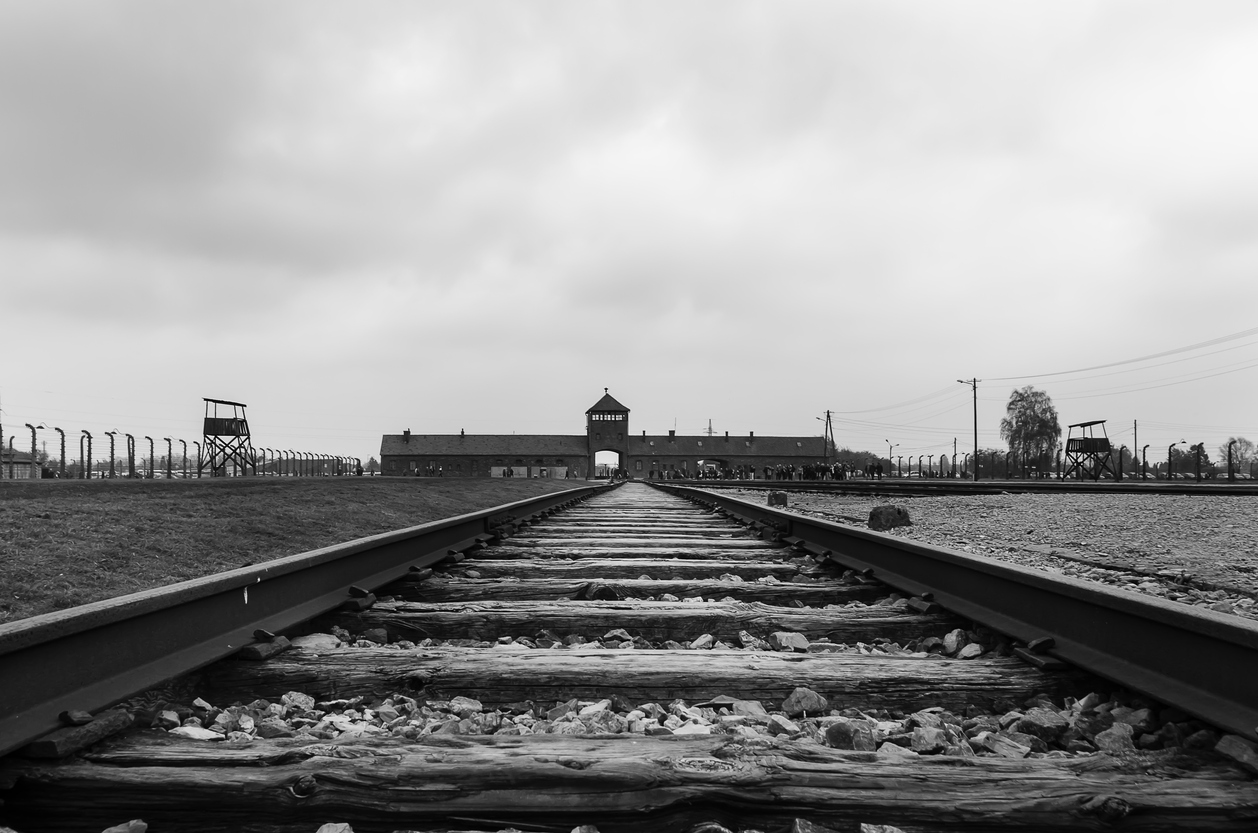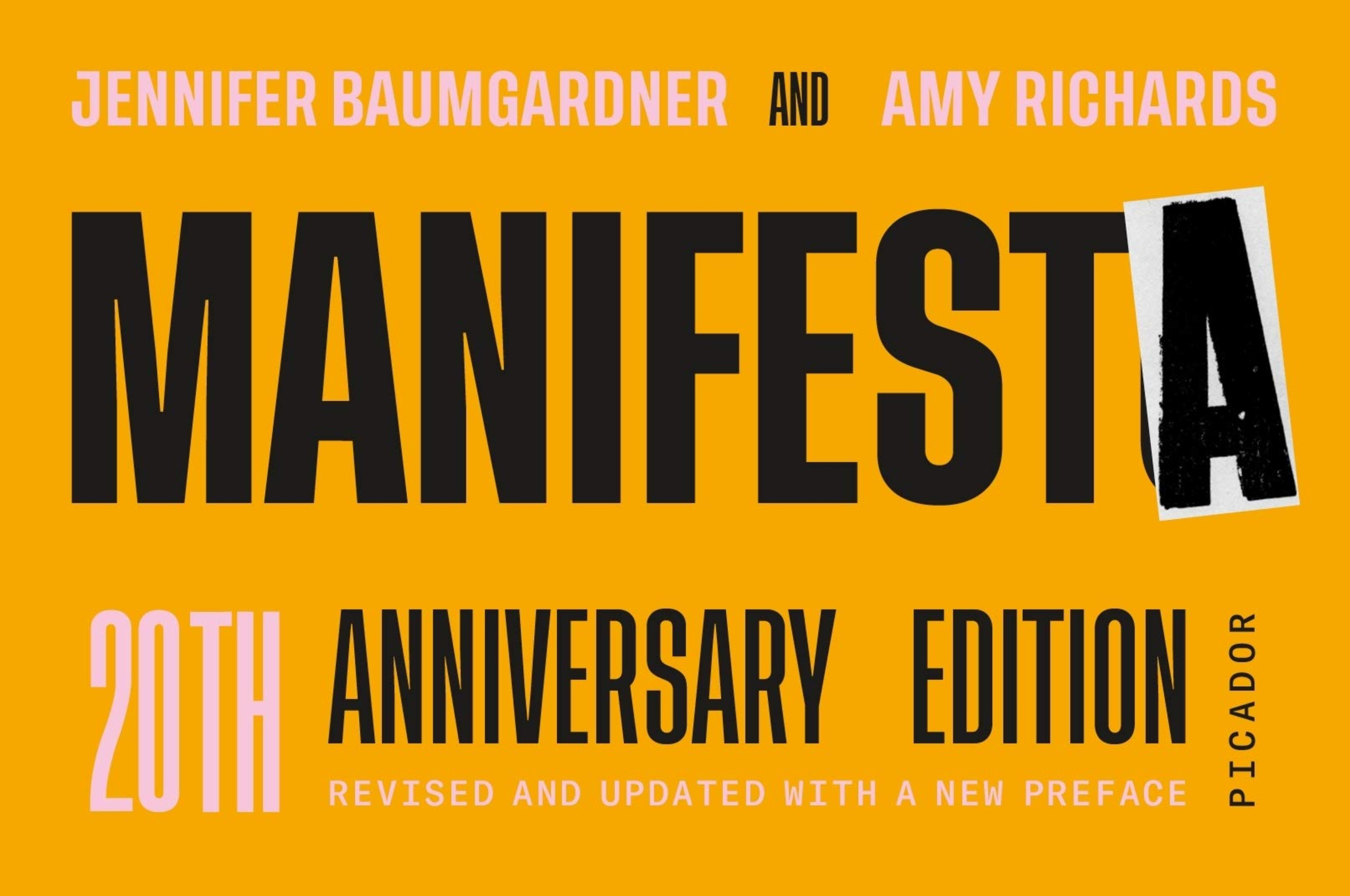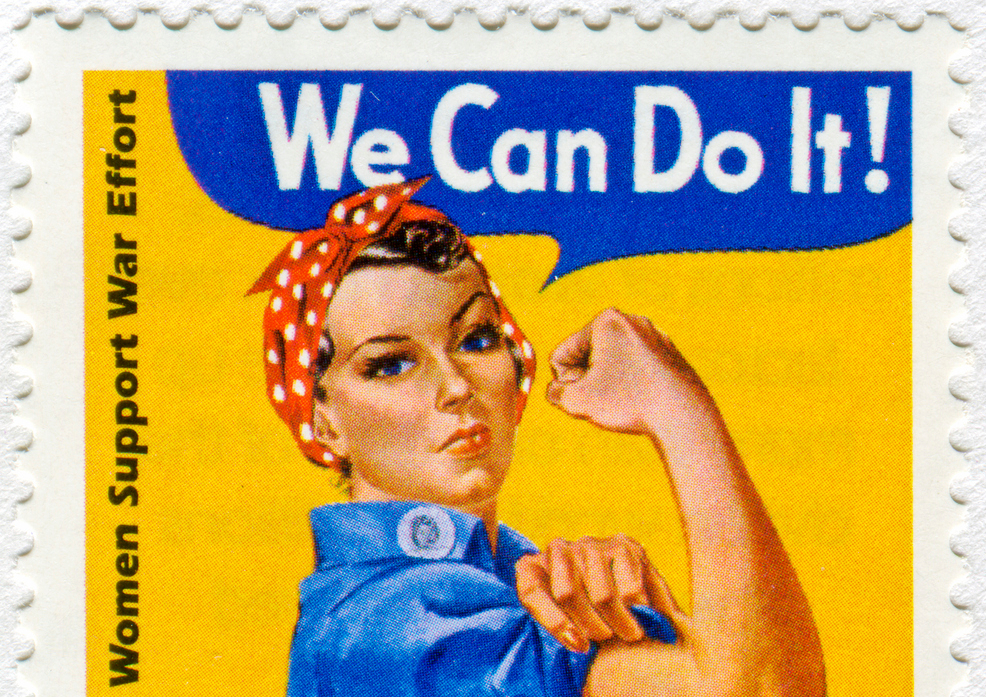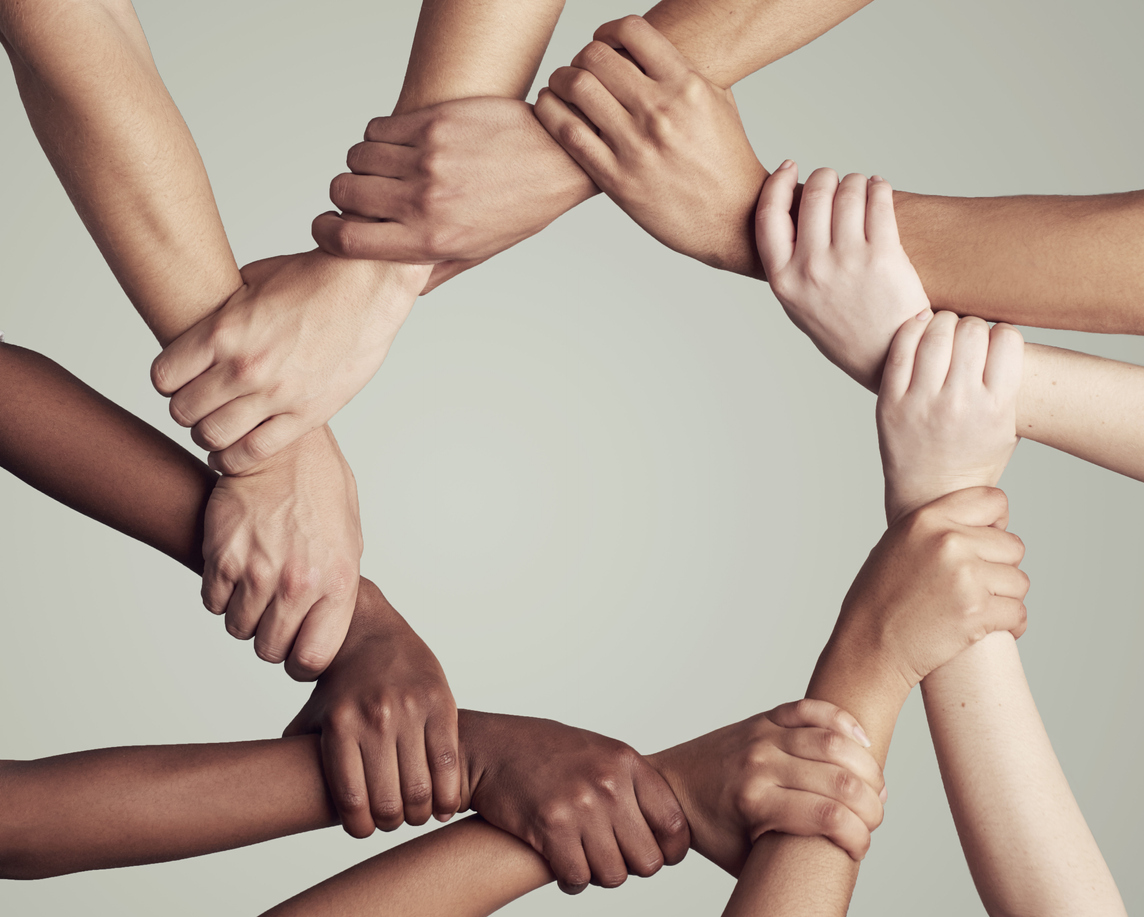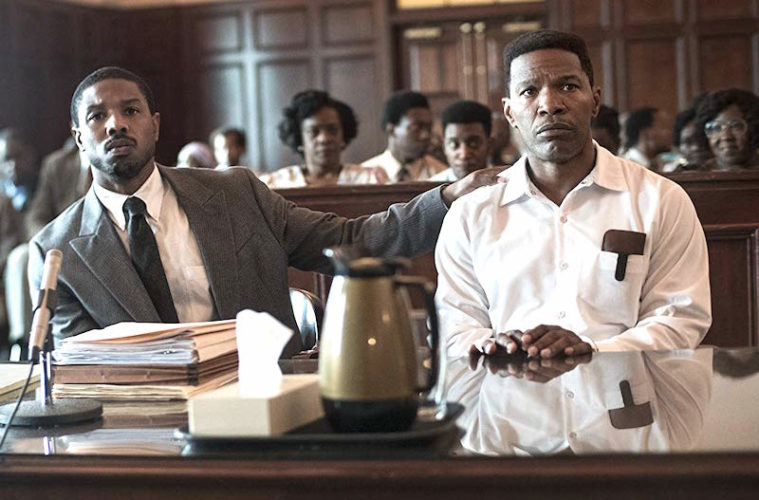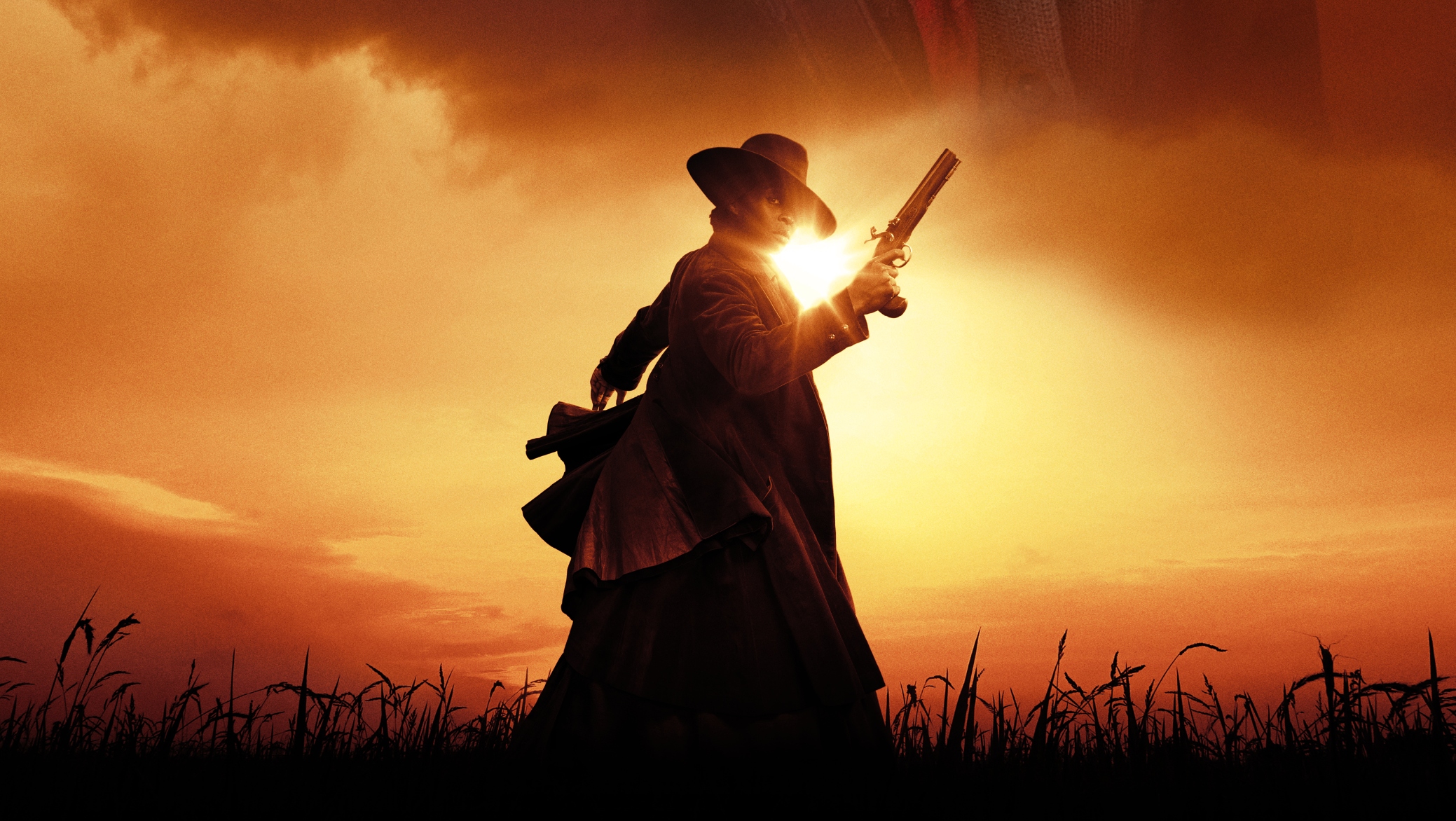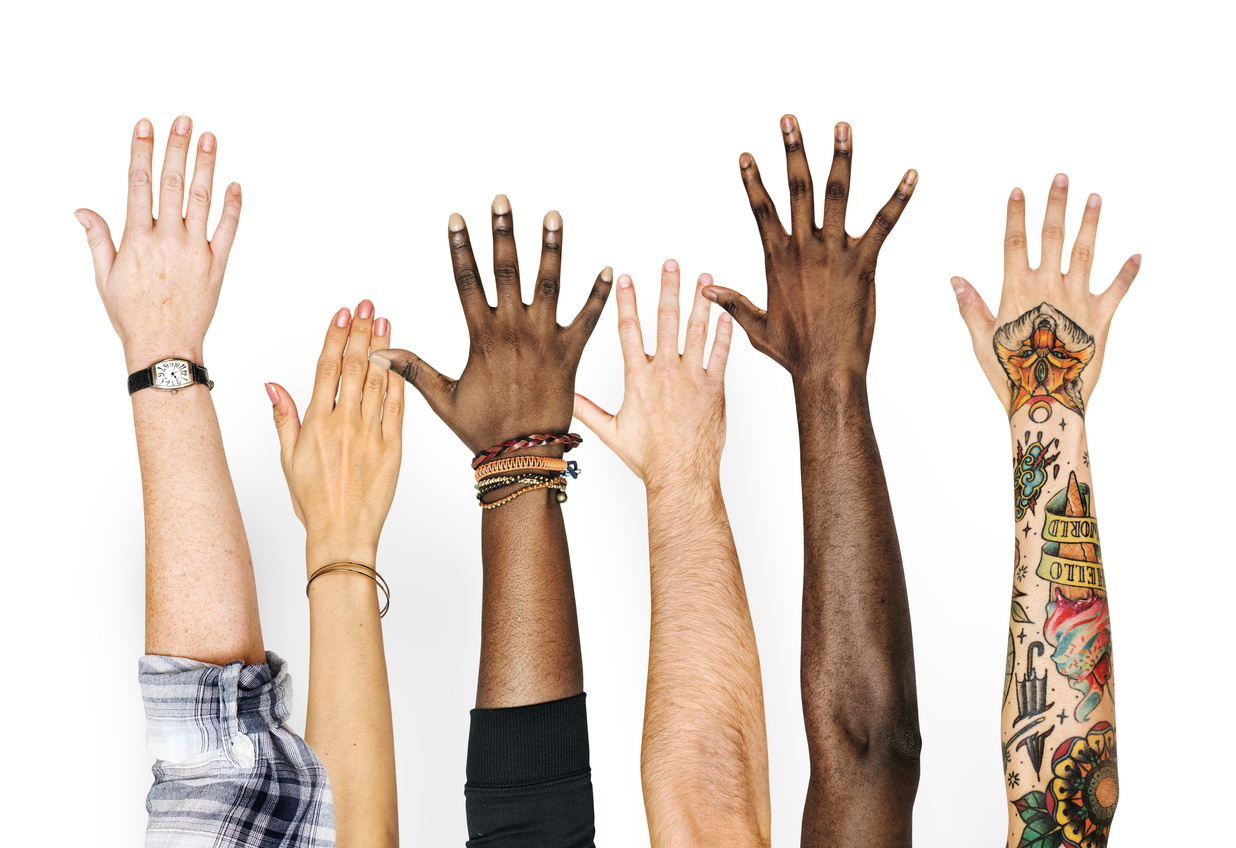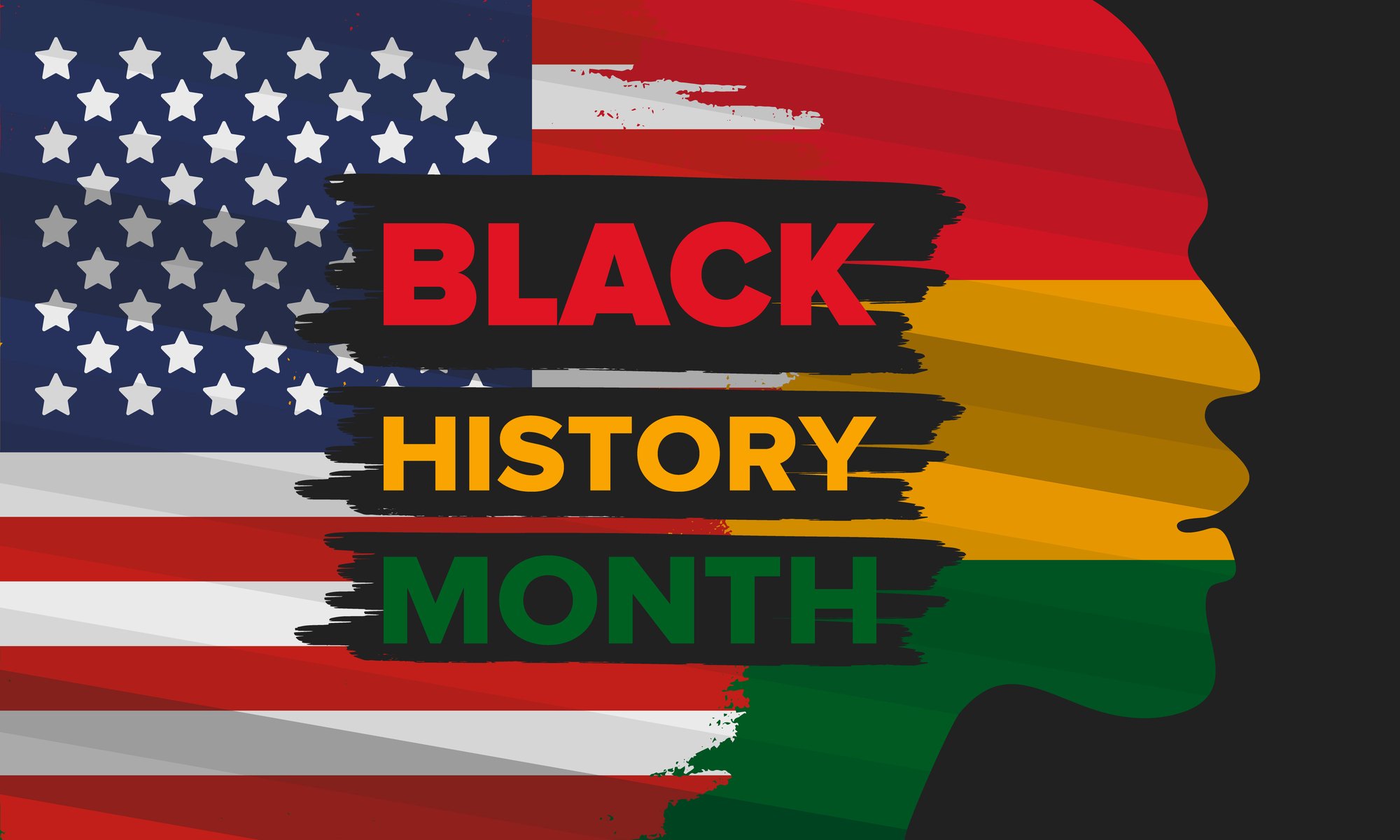On March 2, 2019, a group of high school students in Southern California decided during a party to arrange red Solo cups in the shape of a swastika and took pictures of themselves next to the symbol, raising their hands in Nazi salutes. When Leslie White—Holocaust Studies teacher at Tarbut V’Torah and Director of Education at JFCS Holocaust Center—heard what happened, she stepped up to teach the students about the Holocaust and help them understand the significance of what they had done and they symbols they had invoked. White’s account of these events offers educators rich insights into the continuing importance of Holocaust education, as well as the pedagogical approaches that are most effective—and vital—in this time of rising hatred.
Holocaust Education Amid Rising Antisemitism: An Interview with Leslie White
Posted by Julie Halterman on March 20, 2020
Topics: Antisemitism, Holocaust and Human Behavior, Holocaust Education
Ready or Nought, it’s Time to Face Race in the UK
Posted by Aneira Roose-McClew and Amran Farah on March 19, 2020
Tonight sees the third episode of the BBC’s adaptation of Malorie Blackman’s book Noughts and Crosses. The first two episodes received incredibly positive reviews - even from many who found it uncomfortable viewing - alongside, perhaps predictably, negative ones: a minority of reviewers even went so far as to say it was ‘anti-British’ and ‘anti-white’ and ‘a masterclass in ‘race-baiting’. The series release comes at a time when people in the UK are finally starting to talk about race: the hounding of Meghan Markle by the tabloid press, the rise in racism since the Brexit vote, the BBC’s treatment of Naga Munchetty and the subsequent fall out, and the work of writers such as Reni Eddo-Lodge are just some of the things that have pushed combating racism higher on the agenda. It is no longer easy to look the other way and feign ignorance about the structural racism operating in society, which prioritises the needs, experiences and interests of white people at the expense of people of colour, but there is still so much work to do. The TV series has arrived at a critical time and its existence will no doubt contribute to the dialogue about race, encouraging the action that we need if we are to create a fair, just society that serves all of its citizens.
Topics: United Kingdom, race
Continue your own learning on women’s history with these five new books written by scholars and public intellectuals passionate about the experiences and contributions of women. Below, publishers provide a sense of what to expect from each title:
Topics: Women's History Month
Stay tuned for these 5 forthcoming posts around the connections between women’s history, women’s activism, and education this Women's History Month:
1. Teaching in the Light of Women’s HistorySome may assume that the legacies of women’s history are tangential to the work of teaching in middle and high schools today, but nothing could be further from the truth. Stay tuned for this essay which explores how women’s roles in the history of American K-12 education and the broader social status of women have had a significant impact on perceptions of the teaching profession, the compensation of educators, and the grounds for collective action that American teachers now enjoy.
Topics: Women's History Month
Complexities of Teaching Black History: An Educator Roundtable
Posted by Kaitlin Smith on February 28, 2020
In two recent interviews, I spoke with high school teacher Dexter Britt and Facing History Program Associate Rose Sadler about the challenges and opportunities inherent in teaching black history in the middle and high school setting. Speaking from black and white racial backgrounds, they discuss some of the complexities inherent in teaching black history and strategies that teachers can use to promote meaningful learning on the subject all year long.
Topics: American History, Black History
The year is 1987. In Monroeville, Alabama, Walter “Johnny D” McMillian is driving home from work. It had been a day like any other, but as night begins its descent over Monroe County, McMillian’s journey home to his family—and the course of his very life—is forced to a halt. On a quiet Alabama road, McMillian, a black man, is ambushed by an all-white police unit. He is arrested, tried, and sentenced to death for a crime he did not commit. So begins Just Mercy, the new film based on Bryan Stevenson’s best-selling memoir of the same title. What follows is the true story of Stevenson, a young public interest lawyer, and his tireless quest to exonerate McMillian and achieve justice.
Topics: American History, Black History
In addition to using Facing History’s teaching resources on black history, we invite you to deepen your own learning about black history with these 6 brand new titles released this month by scholars of black history and art. These books connect past to present in a number of contexts including #drivingwhileblack, mass incarceration, the racial politics of Chicago, and the way we remember and represent political icons including Julian Bond and the Obamas.
Topics: American History, Black History
Writer and director Kasi Lemmons’ film Harriet debuted in theaters in November, and is the first feature-length biopic on Harriet Tubman. And in an exciting recent development, lead actress Cynthia Erivo was nominated for Best Actress at the Academy Awards for her portrayal of the titular character. Yet for all of Erivo’s skill as an actress, the film and its nomination raise messy questions about how black women’s agency and roles in American society are imagined, depicted, and enforced.
Topics: Film, American History, Black History
February 3, 2020 marks the 150th anniversary of the passage of the 15th Amendment to the U.S. Constitution. When passed in 1870, the 15th Amendment extended voting rights to all American men “regardless of race, color, or previous condition of servitude”—a move that initiated an experiment in interracial democracy that continues into the present. Yet the voting rights that were formally extended to black men were quickly curtailed by interests that opposed black enfranchisement, setting the stage for an ongoing battle to ensure that all Americans can participate in the political process regardless of race, gender, and other dimensions of identity. This 150th anniversary is an occasion to assess the continuing threats to voting rights today, the stakes of those threats, and how we can challenge them.
Topics: Voting Rights, Race and Membership, American History
This February, Facing History and Ourselves is honored to celebrate Black History Month by highlighting resources new and old that capture key moments in black history, contemporary developments that have grown out of this past, and the challenges and opportunities faced by teachers of black history. We know that time is always at a premium this time of year, so we have a wealth of content planned to help you, your colleagues, and students connect past to present, and self to community.
Topics: American History, Black History

